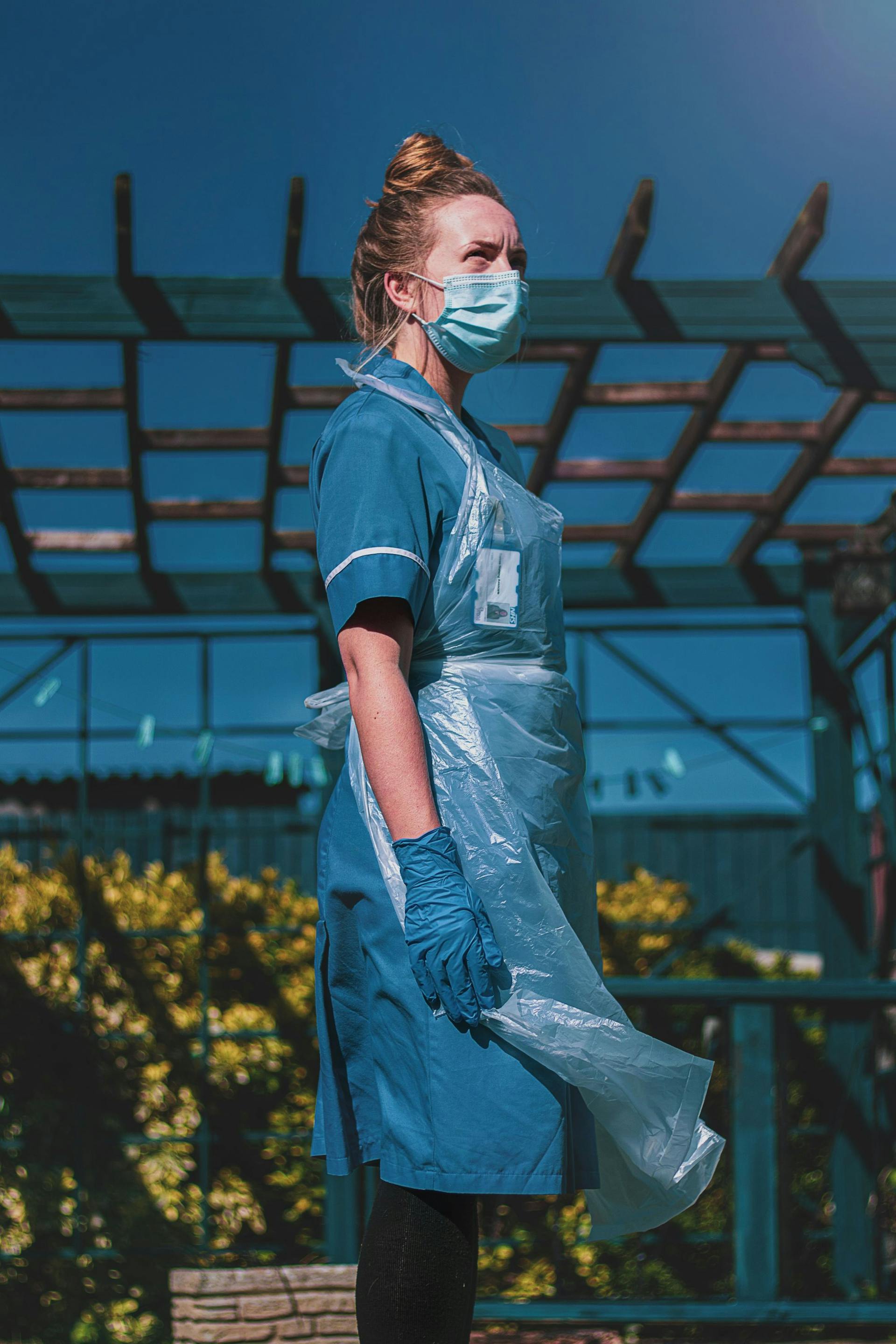Film highlights impact of COVID-19 on inpatients in mental health wards
updated on Apr 13, 2021

Stacey Dooley’s latest BBC film set to air tonight will highlight the profound impact COVID-19 has had on the inpatients of Springfield Hospital, who are in a mental health crisis
Stacey Dooley: Back On The Psych Ward follow’s Stacey’s journey at the hospital, meeting with many inpatients struggling with severe mental health conditions including anxiety and suicidal thoughts, and lesser-known conditions including psychosis, personality disorders and obsessive compulsive disorder (OCD).
The impact of COVID-19 on mental health has undoubtedly been profound. Leading mental health charity Mind even warned of a second pandemic - a mental health pandemic - late last year, after revealing more people were in a mental health crisis than ever before.
According to a report from the Royal College of Psychiatrists, approximately one in 10 people suffered from ‘moderate to severe depression’ pre-pandemic. By June 2020, that number had doubled. Reports also suggest that young people in particular have been struggling, with a 28% increase in referrals for mental health treatment between April and December 2020.
For the individuals who were already struggling with poor mental health, the pandemic has only exacerbated their symptoms. Stacey Dooley witnesses the stark reality of these figures in the latest film.
With an NHS stretched to its full capacity, people with pre-existing mental health conditions have been hugely impacted with delays to treatment, and the effects of this are seen first-hand in Back On The Psych Ward. Stacey meets Suziee who has been diagnosed with emotionally unstable personality disorder, a condition which causes extreme highs and lows to her moods.
With Suziee’s therapy now cancelled, she is finding it extremely difficult to cope on her own and turns to Springfield for support.
Speaking to iNews Stacey shares how she witnessed some of the patients’ therapy sessions, of conditions that aren’t always highlighted. “We often – quite rightly – talk about anxiety and depression, but we rarely talk about psychosis, or schizophrenia, or OCD in the same way. It’s so hard to open up because you can feel judged; I was so pleased we were able to tell Ali’s story.” The film shares Ali’s story, a young inpatient at Springfield’s OCD unit who is working through exposure therapy.
It’s never about them, they’re working tirelessly to prioritise others.
Having filmed on the Lotus Ward - one of oldest mental health wards in the UK - a year earlier, Stacey reconnects with many of the nurses she spent time with in the previous film, and they talk her through how the pandemic has profoundly affected how they provide care for their patients.
“The initial feeling was fear, the way we nurse changed completely, I lived in a hotel at one point, couldn't wash my clothes, cook food, to isolate from my house to ensure I could keep coming to work, ‘ Says Bex, Unit Manager. “Mental health relies on social support for recovery. People weren’t able to see their families, once you pull social support away, it was a disaster.”
Reflecting on the practitioners Stacey worked with over the course of the six months filming, she says, “I just think that they are utterly selfless. It’s never about them, they’re working tirelessly to prioritise others. I think that’s really beautiful.”
Stacey Dooley: Back On The Psych Ward is available 9pm on BBC Two this evening, Tuesday 13th April. The film is also available now on BBC iPlayer.
If you are struggling and need to talk, the Samaritans are available 24/7, 365 days a year. Call free on 116 123 or email [email protected].
If you are in crisis and are concerned for your own safety, please call 999, or go to your nearest A&E department.

